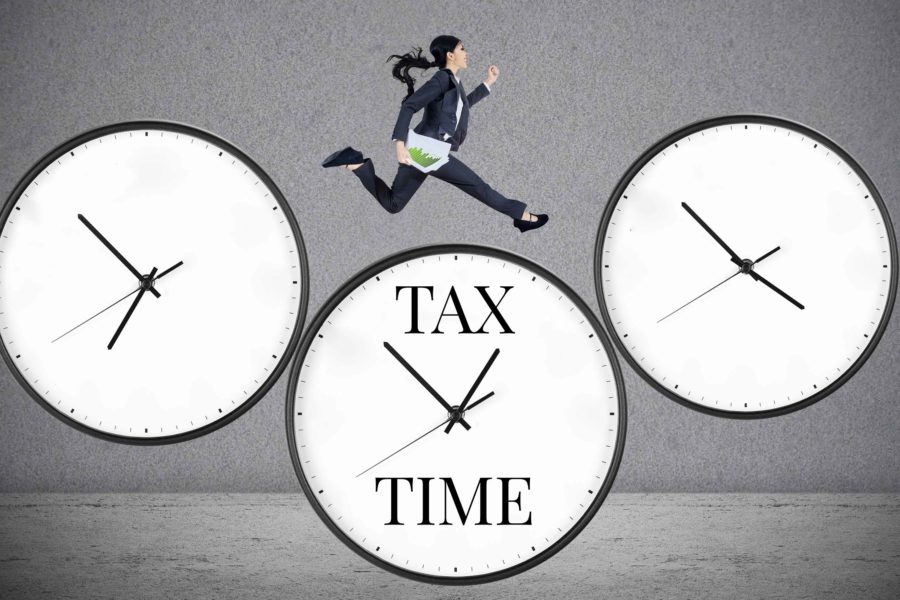The dilemma: You own a home, own a small business, have some investments, and your spouse works a W2 job. You acknowledge needing professional assistance with your taxes, but do you really need to spend the money on a CPA?
The options: Choosing a tax preparer should be about education, experience, credentials and ability to fit within your budget.
Anyone can call themselves a tax preparer. Shockingly, no education or experience is required. In 2012, the IRS tried to institute a mandatory test and a user fee, but in 2014 this was overturned by the courts. Therefore, the only way you can ensure that your tax preparer has any education or experience is to use an Enrolled Agent (EA), a Certified Public Accountant (CPA), or an attorney. Each of the three categories requires you to take an exam or have relevant experience, and each are also the only professionals that can represent you in front of the IRS.
Only an EA requires the education and experience to be in taxes. CPAs and attorneys have more strenuous schooling and test requirements, as well as more hours of required continuing education. However, the schooling, test and continuing education cover a broad range of topics, not just taxes. So, it really depends on the professional’s experience as well as their professional designations.
When comparing an EA with 5 years of experience to a CPA with 5 years of tax experience, I would take the CPA every time, especially if the CPA also has a Masters of Science in Taxation (MST). The MST degree adds study of tax law to their background, so the CPA is more likely to understand the complications of tax law. This would also be similar to a tax attorney.
A tax attorney can be the best choice if there is any question as to the truthfulness of your tax return. Conversations with tax attorneys are protected by client-attorney privilege, meaning your tax attorney cannot be forced to testify against you.
Depending on the level of professional you choose for your tax preparation, there is, obviously, a cost differential. To prepare your tax return, an EA may require a low fee. However, for a CPA to prepare that same return, it would cost you more, and even more still using a tax attorney. Actual estimates for your tax preparation also depend on the complexity of your return and where you live. One tip of note: the larger the firm, in general, the more expensive the fee.
My experience over the past 26 years of reviewing tax returns prepared by others has taught me that just because someone has letters after their name does not mean they will not miss something significant on your tax return. When interviewing tax preparers, determine who will be preparing the return (i.e. a virtual tax preparer overseas; the professional themselves?), and ask what procedures they have in place for quality control. As an example, in my firm each tax return is either prepared by or reviewed by a CPA before it goes out the door.



 2 min read
2 min read


